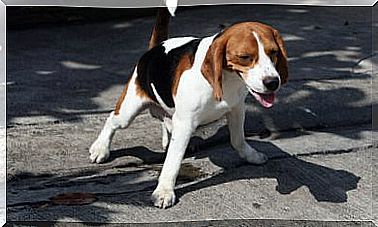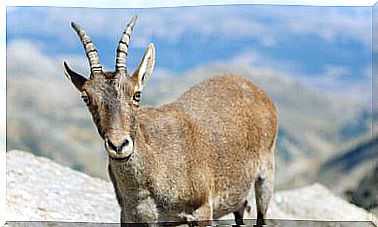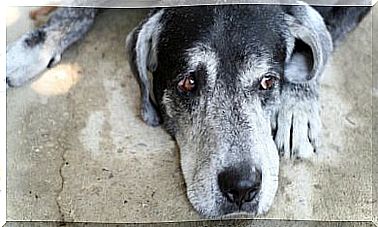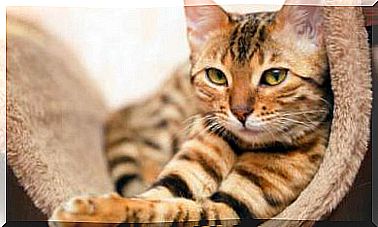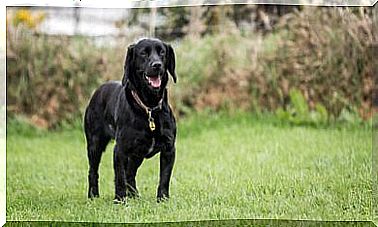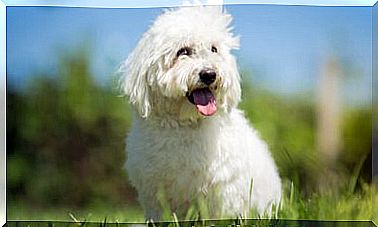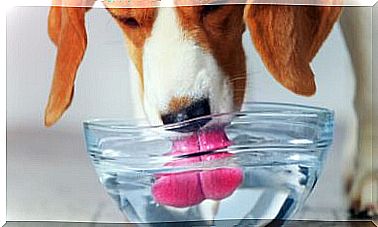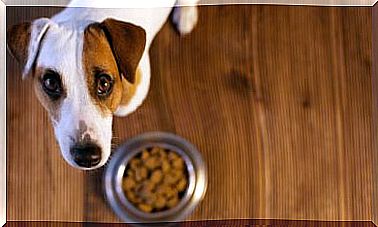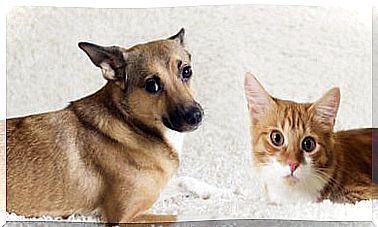5 Different Personalities In Dogs
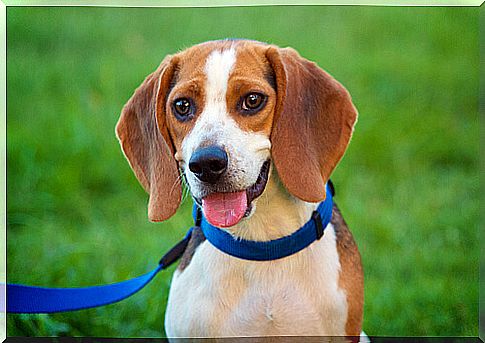
Like people, pets have behaviors that define their personality. Knowing the different personalities in dogs can be an important piece of information when choosing the ideal breed.
The temperament of an animal can speak volumes about its behavior. That is, it reveals a lot about how you react to different stimuli in your environment, as well as how you will adapt to your new home.
In addition, when it is clear what the dog’s personality is, it can be predicted if there will be empathy with the owner. And it is that the ideal is to achieve a complementary relationship and accompaniment, for a calm and satisfactory coexistence.
5 personalities in dogs
There are five types of temperaments that are very common in dogs that, although they are not exclusive, define a large part of the behavioral traits of the animal.
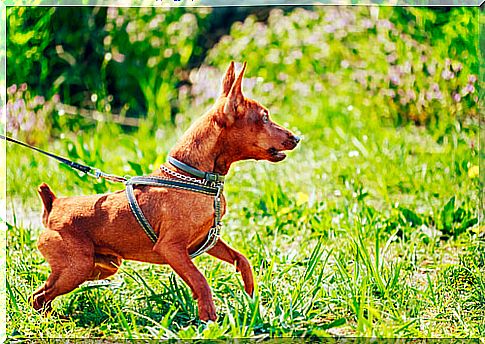
The first thing to know is that most of the personalities in dogs have a significant genetic load, although discipline and training help correct and control impulses.
- The aggressive dog is by nature bully and impulsive. This personality type is common in breeds such as the Rottweiler, Doberman, and the German Shepherd.
In addition, there are two important factors when faced with an aggressive dog. The first thing to do is to identify that, indeed, this is their personality and that it is not a learned behavior.
The other factor is the owner. Aggressive dogs are usually very dominant, so they need an owner with character, with the ability to show who is boss. You need to be able to impose yourself on the dog and show who is in control.
Education can greatly influence this type of character ; It can either reinforce his aggressive behavior or it can soften it. And it is that it will depend to a large extent on its environment and the master. In order to drain some of their aggressiveness, this type of dog needs a lot of activity and exercise.
- Shy. Unlike other personalities in dogs, shyness can be acquired and, although there are genetic factors as well, some dogs become shy due to trauma or lack of socialization.
This type of personality is common in dogs that have been isolated, or that have had little contact with people. It also occurs in dogs that have lived with other more dominant breeds.
- Passive-aggressive. We can say that we speak of a passive-aggressive personality when the dog reacts impulsively to fearful situations.
Usually, the timid dogs are sheltered or flee when they feel fear. A passive-aggressive animal, it is predisposed to action, because it finds in aggressiveness the way to put an end to its fear.
This type of personality can be the consequence of a bad crossing of personalities in dogs. That is, the breeding between an aggressive dog and a shy one, which is a common mistake in breeders with little experience.
Relationship with your environment
- Like other personalities in dogs, sociability is hereditary, and it goes without saying that a good part of the animals are friendly and affectionate because of the breed from which they descend.
These show their personality both with people and with other dogs or other animals. And it is that these dogs, due to their character, are ideal for homes where there are children or elderly people.
- Independent dogs have a detached attitude to affection and care. They are disinterested animals in coexistence and, therefore, do not need so much affection from the owners. They usually seek care only when they want or need it; the rest of the time they lead a lonely life.
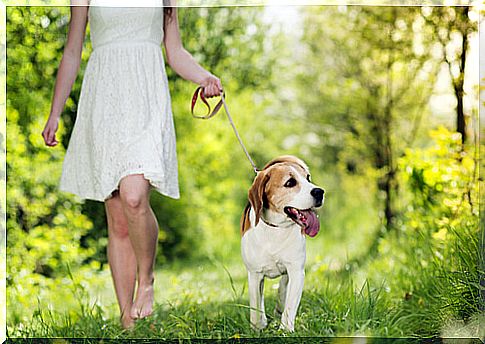
Although this type of personality in dogs is not very common, there are owners who prefer it. It turns out that for people who spend all day away from home or travel often, they are ideal.
How to choose the ideal personality?
When it has been decided to have a dog as a pet, it is advisable to choose it according to its personality. This will help establish a closer and more empathetic relationship with the master.
If it is a person with a fast pace of life, the ideal is a small dog. These generally do not require long walks or much care.
If, on the other hand, you are an inactive person, a calm dog is recommended, with an independent personality. When they are well trained, they do not require long walks, because they know the rules of the house.
For athletes, large, active dogs are the best option. It can be preferred between a Golden Retriever or a Labrador, although a German Shepherd is also a great alternative.
Another way to choose the best breed is by considering the functions that will be entrusted to the animal. If it is a guard dog, its personality must be aggressive, while if it is a family dog it must be sociable by nature.
Main image source: Ted Murphy
